Jerusalem, Israel, June 13 (V7N) – Israel carried out extensive "preemptive" strikes against Iran early Friday, targeting its nuclear facilities and military sites. The operation followed warnings from US President Donald Trump about a possible "massive conflict" in the region.
Explosions were heard across the Iranian capital, Tehran, on Friday morning, with state TV reporting that Iran's air defense systems were at "100 percent operational capacity." However, initial reports from Iranian state media confirmed that senior military officials and nuclear scientists were killed in the attacks, including the commander-in-chief of the Islamic Revolutionary Guard Corps, Gen. Hossein Salami, and the chief of staff of Iran's Armed Forces, Gen. Mohammad Bagheri.
Israeli Defence Minister Israel Katz declared a state of emergency, anticipating retaliatory action from Tehran. "Following the State of Israel's preemptive strike against Iran, a missile and drone attack against the State of Israel and its civilian population is expected in the immediate future," Katz stated. Airlines swiftly adjusted flight paths, clearing airspace over Israel, Iran, and Iraq.
Global oil prices surged by as much as 6 percent in the wake of the strikes. The attacks came hours after President Trump, speaking from the White House on Thursday, alluded to a looming Israeli attack, though he stopped short of calling it "imminent." He expressed concerns that such an attack could derail a "pretty good" deal on Iran's nuclear program that he believed was "fairly close." Trump, who did not disclose details of his Monday conversation with Israeli Prime Minister Benjamin Netanyahu, remarked, "I don't want them going in, because I think it would blow it." He then quickly added, "Might help it actually, but it also could blow it." A US official confirmed no US involvement in the Israeli operation.
Regional Tensions Escalate
The United States had announced on Wednesday that it was reducing embassy staff in Iraq, a country long a zone of proxy conflict with Iran, citing "heightened regional tensions" related to potential breakdowns in nuclear negotiations.
Israel, a key US ally in the Middle East, views the cleric-run state in Tehran as an existential threat. This latest action marks a significant escalation since the unprecedented October 7, 2023, attack on Israel by Tehran-backed Hamas, which triggered the massive Israeli offensive in Gaza.
The strikes also come just days after the UN's International Atomic Energy Agency (IAEA) on Wednesday accused Iran of non-compliance with its nuclear obligations for the first time in 20 years. The resolution, backed by the US, UK, France, and Germany, could pave the way for European countries to invoke a "snapback" mechanism before its October expiry, which would reinstate UN sanctions eased under the 2015 nuclear deal. Trump notably pulled out of that deal in his first term, reimposing sweeping sanctions on Iran.
Iran's nuclear chief, Mohammad Eslami, denounced the IAEA resolution as "extremist" and attributed it to Israeli influence. In response to the resolution, Iran declared it would launch a new enrichment center in a secure location and replace its first-generation machines at the Fordo uranium enrichment plant with more advanced sixth-generation centrifuges, a move that would significantly increase its enriched material production.
Iran currently enriches uranium to 60 percent purity, substantially above the 3.67 percent limit set in the 2015 deal and close to, though still short of, the 90 percent needed for a nuclear warhead. The IAEA's latest report in May 2025 indicated Iran's stockpile of 60 percent enriched uranium had reached 408.6 kilograms, enough to produce nearly 10 nuclear weapons if enriched further.
END/WD/RH/



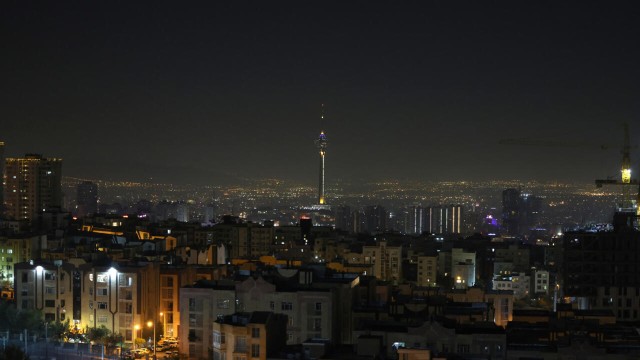
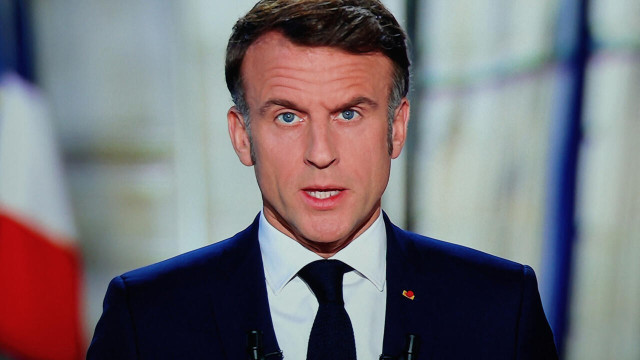
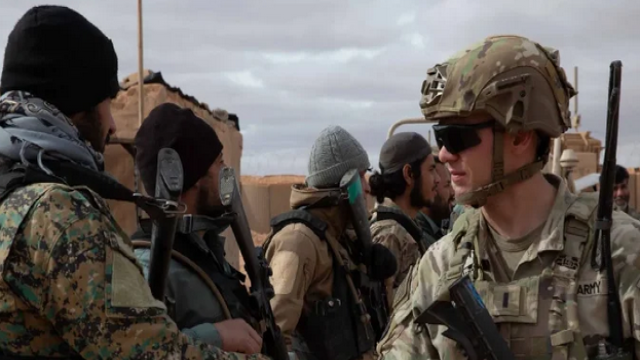

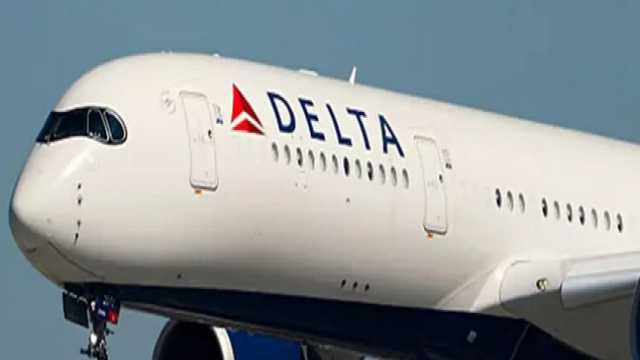





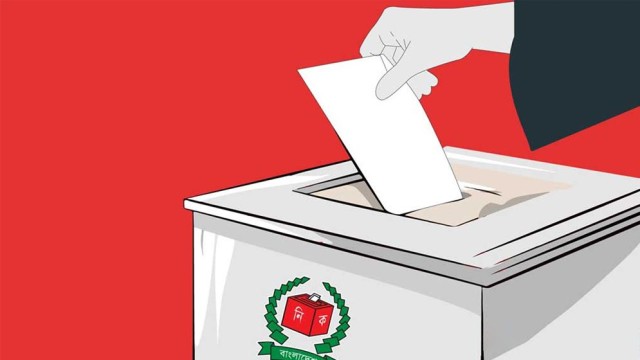



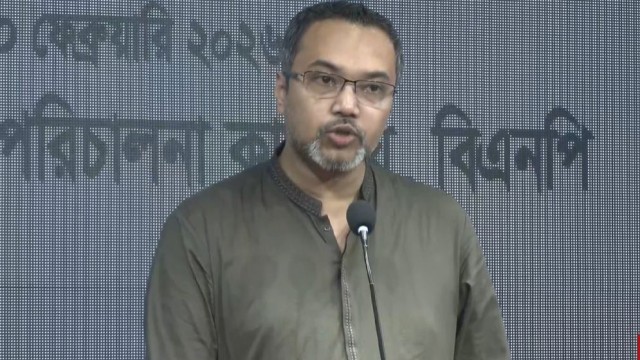
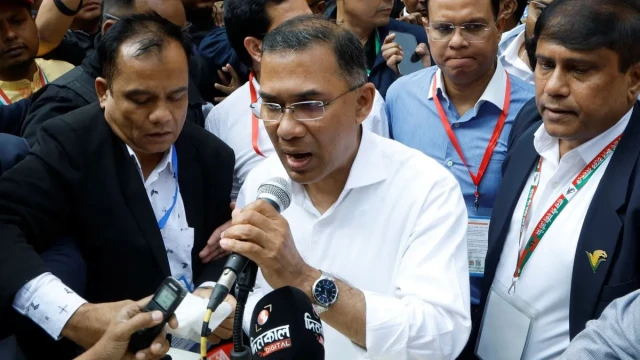
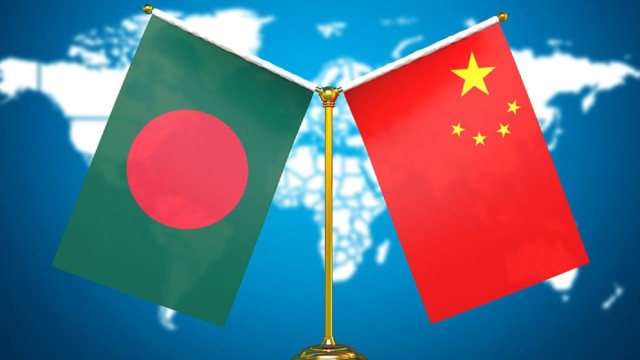











Comment: